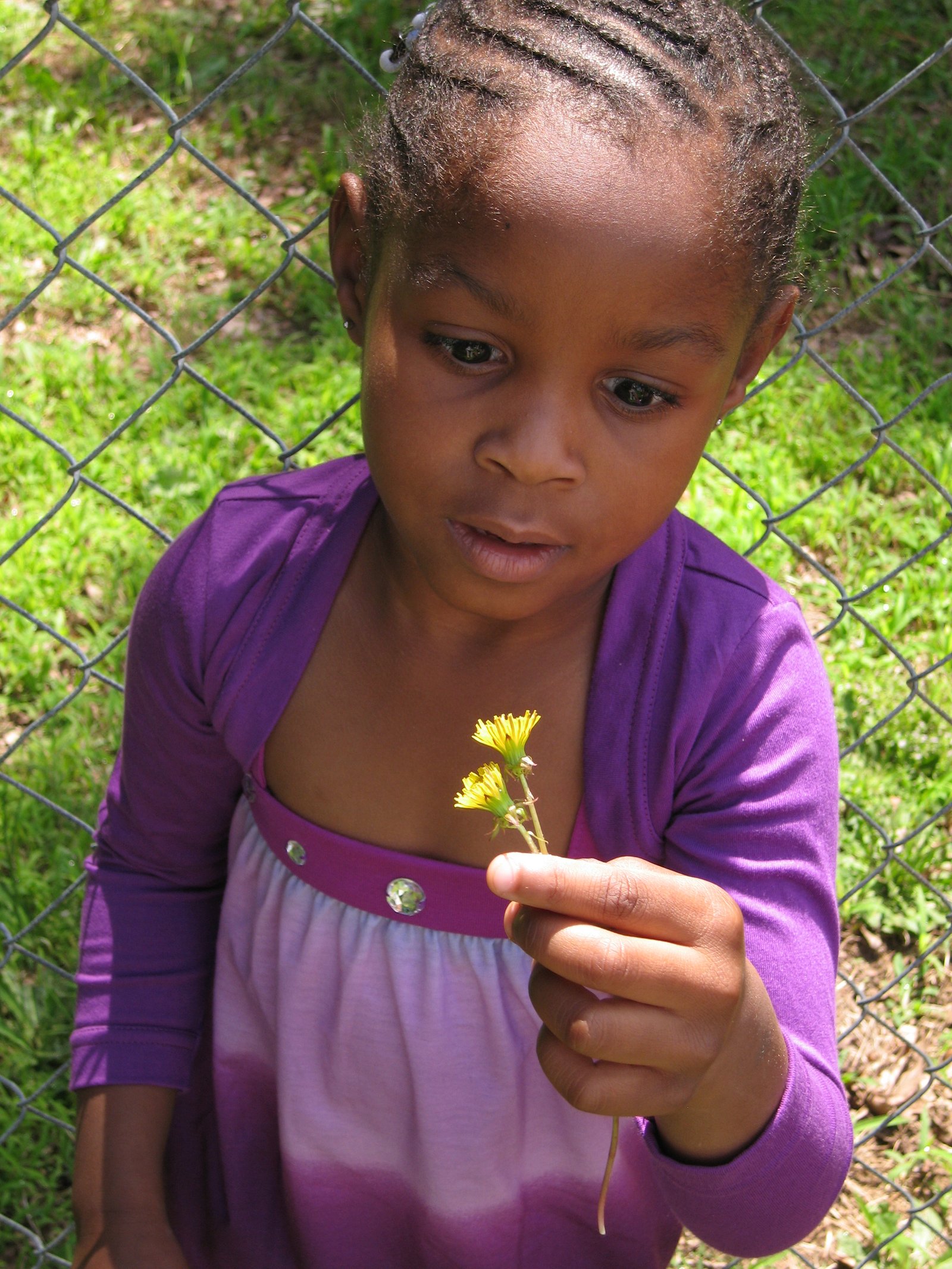
There was a child went forth everyday, And the first object he looked upon, that object he became, And that object became part of him for the day or a certain part of the day, Or for many years or stretching cycles of years. The early lilacs became part of this child, And grass and white and red morning glories, and white and red clover, and the song of the phoebe-bird, And the Third-month lambs and the sow’s pink-faint litter, and the mare’s foal and the cow’s calf, . . . Walt Whitman
Learning is taking place at all times in all circumstances for every person. There are many ways to learn. Children learn best by doing. Inspire children with the diversity of life!
“It’s absurd and anti-life to be part of a system that compels you to sit in confinement with people of exactly the same age and social class. That system effectively cuts you off from the immense diversity of life and the synergy of variety; indeed it cuts you off from your own past and future, sealing you in a continuous present much the same way television does…
Whatever an education is, it should make you a unique individual, not a conformist; it should furnish you with an original spirit with which to tackle the big challenges; it should allow you to find values which will be your road map through life; it should make you spiritually rich, a person who loves whatever you are doing, wherever you are, whomever you are with; it should teach you what is important, how to live and how to die.” ~ John Taylor Gatto ~
Biophilia is the love of nature. Eco-psychology and evolutionary psychology suggest that humans are genetically programmed by evolution with an affinity for the natural outdoors. Evolutionary psychologists use the term biophilia to refer to this innate, hereditary emotional attraction of humans to nature and other living organisms. Natural outdoor environments produce positive physiological and psychological responses in humans, including reduced stress and a general feeling of wellbeing. People, especially young children, who have not yet adapted to the man-made world, prefer natural landscapes to built environments.
Biophobia is the aversion to nature. If the human attraction to nature is not given opportunities to flourish during the early years of life, biophobia may develop. Biophobia ranges from discomfort in natural places to active scorn for whatever is not man-made managed or air-conditioned. Biophobia manifests in the tendency to regard nature as nothing more than a disposable resource.
Research consistently shows that children have a strong preference to be outdoors in nature. Nature sustains us and is an incredible library of knowledge. Children are natural explorers and have an intense desire for knowledge about their surroundings. They need opportunities to explore the natural world for if there are not early experiences with nature, a love and respect for nature doesn’t develop. It is important that we guide children to discover themselves and the world around them.
In the outdoor classroom children feel a sense of belonging in nature, become more observant, and develop a reverence for life. Watching a seedling unfurl, witnessing the death of a neglected plant, raising a garden for butterflies – these experiences help students acquire a direct, personal understanding of what living things require to thrive, and how they adapt and interact. These connections serve as a vital foundation for developing a lifelong ethic of environmental stewardship. The outdoors is a developmentally appropriate classroom for children.
Society puts its best foot forward in early childhood education. Fifty percent of our intellectual capability is achieved before the age of four. Psychological patterns are set before the age of seven and the child’s self image is formed during this time, which sets his personality pattern. I can’t think of any better place to stimulate their senses and develop perceptual motor skills than the great outdoors!
Children are not born with finely tuned perceptual motor skills. They are a result of being challenged as a child. Research has shown us the intellectualizing capability of the senses. The development of the senses precedes that of superior intellectual activity and the power of observation is procured through the development of the senses.
Children are sensorial explorers. They gain a better understanding of the world around them when they are involved in activities that bring them in direct contact with nature. Nature captivates the child’s imagination, activates the senses and gives them a sense of belonging in nature and they develop the ability to express their experiences.
Knowledge advances rapidly when the line between work and play fades. Remember . . . children are always unconsciously taking in impressions that form their minds.
Conduct some observation excursions. Walk with a purpose. Maybe it will be to discover trees, the kinds of leaves or fruit they bear, the shade they give, or the shelter they give to birds and animals. You can teach children about trees in the classroom, but they must see and experience trees to make trees real to them. Get outside with children, get some exercise, build a garden and explore together. Everyone benefits! Rather than showing them a tomato, let them grow one and see where it comes from, and how and what it needs! Our children will grow healthier, understand where their food comes from and that plants are alive, and an outdoor classroom addresses our health in every way . . . mentally, physically, and spiritually. It is a fact.
It is our responsibility to see that our children get what they need in the healthiest environment possible. It is a critical time to stand up for children and provide them with more than a swing and monkey bars and a yard of fire ants or a basketball. I know this is not every school, but I have seen and experienced enough to know that our children’s greatest needs and period of learning and development are from conception through the elementary years. This is where our focus should be in order to help children grow healthy and strong. After these years there focus changes, there ‘s a social adjustment, a different focus, and very different life experiences.
Environmental education should start early with hands-on experiences with nature. There is evidence that concern for the environment is based on affection for nature that only develops with autonomous, unmediated contact with nature. The way people feel in pleasing natural environments improves recall of information, creative problem solving, and creativity.
Early experiences with the natural world have been positively linked with the development of imagination and a sense of wonder. Wonder is important as it a motivator for life long learning.
The natural world is essential to the emotional health of children. Just as children need positive adult contact and a sense of connection to the wider human community, they need positive contact with nature and the chance for solitude and the sense of wonder that nature offers.
All the manufactured equipment and indoor instructional materials produced by the best educators in the world cannot substitute for the primary experience of hands-on engagement with nature. Manufactured equipment falls very short of the potential of outdoor areas to be rich play and learning environments for children, and denies children their birthright to experience nature outdoors, which includes vegetation, animals, insects, water and sand, not just the sun and air that manufactured playgrounds offer.
The lives of children today are more structured and supervised, with few opportunities for free play. Their physical boundaries have shrunk. Parents are afraid for their children’s safety And when children do have free time, it’s often spent inside in front of the television or computers. For some children, that’s because their neighborhood, apartment complex or house has no outdoor play space. Children live, what one play authority refers to, a childhood of imprisonment. Childcare facility playgrounds are often the only outdoor time many young children experience.
Gardening reclains the heart in nature education!
